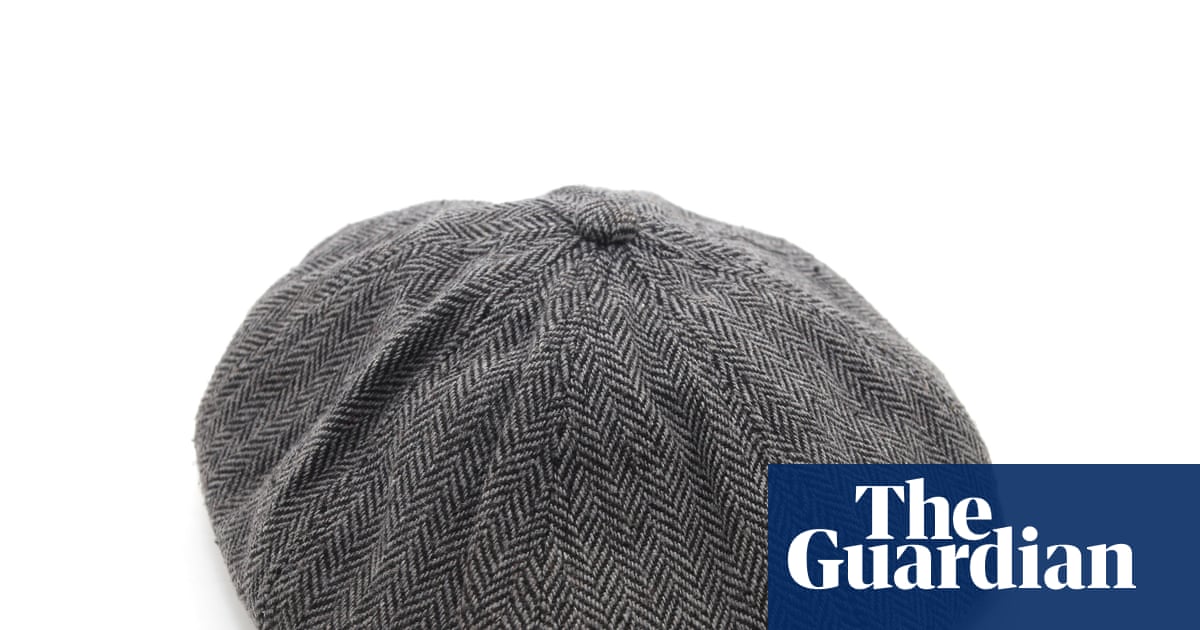Philosophy
fromThe Conversation
1 day agoMeekness isn't weakness - once considered positive, it's one of the 'undersung virtues' that deserve defense today
Meekness, docility, and condescension are often misunderstood; historically these traits were viewed as virtues that can support a good life.

